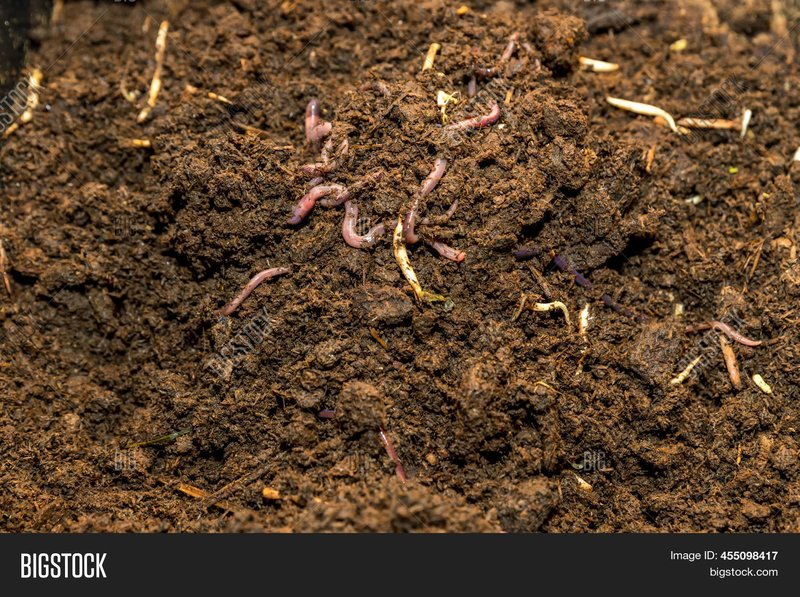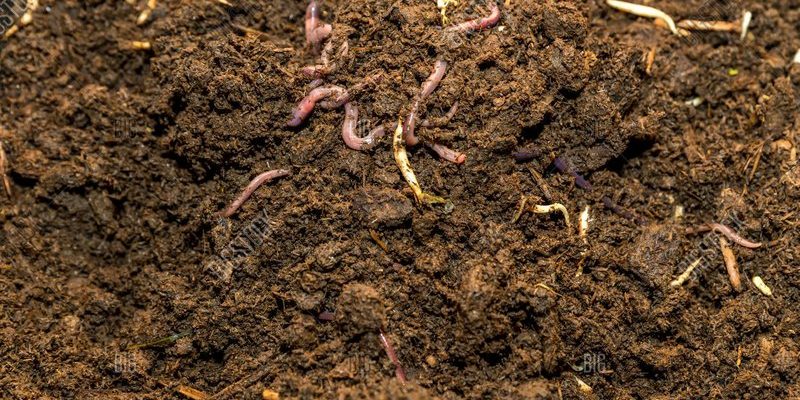
Think of soil pH like a smoothie—if you add too much sour fruit or not enough sweet stuff, it just doesn’t taste right. Similarly, earthworms thrive in a balanced pH, and when the balance tips too far toward acidity, it can affect their survival and the overall health of the soil ecosystem. In this article, we’ll dive into how earthworms react to changes in soil acidity and pH, why it matters, and how we can create a thriving environment for these beneficial creatures.
So, what exactly is soil pH? Simply put, it’s a measure of how acidic or alkaline the soil is. The pH scale runs from 0 to 14, where 7 is neutral. Anything below 7 is considered acidic, and anything above 7 is alkaline. Most plants prefer a pH level between 6 and 7.5, as this range allows for optimal nutrient availability.
Here’s the thing: soil acidity can be influenced by various factors, including rainfall, organic matter, and even the type of crops you grow. For example, legumes can help boost the soil’s pH, while certain fertilizers can make it more acidic. This fluctuation affects not only the plants but also the critters, like earthworms, living in that soil.
When soil becomes too acidic, it can harm the delicate balance of nutrients. Essential minerals might become locked away, unable for plants and earthworms to use them. This creates a less-than-ideal living condition for our squirmy friends. They need a balanced diet, just like we do, and an acidic soil can be akin to a bland meal without nutrients.
How Earthworms Sense Soil pH Changes
Earthworms are equipped with sensitive skin that can detect changes in their environment. As they burrow through the soil, they pick up on various chemical signals, including pH levels. When soil acidity increases, earthworms can experience stress. This stress can affect their behavior, reproduction, and even their ability to break down organic matter.
Imagine stepping into a pool of ice-cold water. Your body instinctively reacts to escape that discomfort, right? Similarly, earthworms will retreat from highly acidic soil. They might move deeper into the ground where conditions are more favorable, or they may slow down their activity altogether. This behavior is crucial for their survival, but it also has consequences for the soil’s health.
By sensing the soil’s pH through their skin, earthworms can navigate to areas that will allow them to thrive. This ability makes them important indicators of soil health. Think of them as nature’s little alarm systems, alerting gardeners and farmers when their soil needs some attention.
The Impact of Soil Acidity on Earthworm Populations
When soil acidity spikes, it can have a noticeable impact on earthworm populations. If the pH drops significantly—say below 5.5—many earthworm species may struggle to survive. They thrive in neutral to slightly alkaline soils, where they can find plenty of decaying organic matter to munch on.
In acidic conditions, earthworms may reproduce less frequently or may not survive long enough to reach maturity. This reduced population can lead to fewer earthworms working to aerate the soil, break down organic matter, and recycle nutrients. The health of your garden or farm can suffer, leading to lower crop yields.
With fewer earthworms, the soil will often become compacted. This makes it harder for plants to establish roots and access vital nutrients. It’s a cascading effect—one that starts with pH imbalance and trickles down to affect everything from plant health to soil structure. Keeping this balance is vital, especially if you want to create a flourishing garden or farm environment.
Improving Soil pH for Healthy Earthworms
If you’re noticing that your garden soil is too acidic, don’t worry—there are steps you can take to improve it. One common method is to add lime to your soil. Lime is alkaline and can help raise the pH, making it less acidic. But how do you know how much to add?
Here’s a straightforward approach:
- Start by testing your soil. You can get a soil test kit at a local garden store or send a sample to a lab.
- Once you know your current pH level, you can decide on the amount of lime needed to reach your desired pH. A general rule of thumb is to add about 50 pounds of lime per 1,000 square feet for a one-point pH increase.
- Spread the lime evenly over the soil and mix it in. This helps it work its magic more efficiently.
Another great way to boost soil health is by adding organic matter. Compost, leaf mold, or well-rotted manure can enhance nutrient content and improve soil structure. Think of it as a big, delicious buffet for earthworms!
By creating a healthier environment, you not only support your earthworms but also improve the overall vitality of your garden or farm.
Why Earthworm Activity Matters
Now that we know how earthworms respond to soil acidity, let’s talk about why their activity matters. Earthworms are often called “nature’s plow.” They create channels in the soil as they burrow, which helps aerate and drain it. This opens up pathways for water and nutrients to flow, benefiting plants in the process.
Their waste, known as castings, is packed with nutrients. When earthworms consume organic material, they break it down and return it to the soil in a form that plants can easily absorb. It’s like a nutrient delivery service right in your backyard!
Not only do earthworms enhance soil fertility, but they also help improve its structure. Healthy soil with plenty of earthworm activity can hold more moisture and resist erosion better than compacted or acidic soil. This makes them an indispensable ally for gardeners and farmers alike.
Understanding how earthworms respond to soil acidity and pH is key to nurturing a thriving garden or farm. By maintaining a balanced soil pH and providing a healthy habitat, you ensure that these little creatures can do what they do best—enhancing soil health, improving fertility, and helping nurture plants.
Remember, just like we enjoy a balanced meal, earthworms thrive in well-balanced soil. So, whether you’re adding lime or organic matter, think of every effort as a way to give back to these hardworking allies in your soil. Your garden will flourish, and you’ll have a lively ecosystem right beneath your feet!

